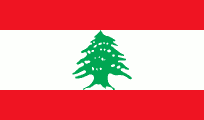Petroleum Prices in Lebanon
Lebanon is an Asian country on the shores of the Mediterranean Sea with a history of several thousand years of civilization. According to the International Journal of Oil and Gas, there are over 6,000 petroleum products. Precious stones, fertilizers, salt, iron ore, and cement are major mineral products of Lebanon. Meanwhile, the national companies distributing petroleum products in the Middle East, using the existing experts in the field
Add your import and export orders to this list
Warning: Undefined variable $formTitle in /home/anbar/domains/anbar.asia/anbar/inc/html/desktop/orderform.php on line 10
Warning: Undefined variable $marketName in /home/anbar/domains/anbar.asia/anbar/inc/html/desktop/orderform.php on line 12
Warning: Undefined variable $location in /home/anbar/domains/anbar.asia/anbar/inc/html/desktop/orderform.php on line 12
If you want to trade in the , please join in Anbar Asia. Your order will be shown here, so the traders of contact you

Lebanese has a stable economy but now with almost low growth. Asphalt, which is used to make roads and roofs flat or impenetrable, is one of the most widely used petroleum products. Road, rail, sea, and airlines between Lebanon and the countries is examined as a key infrastructure for the delivery of goods and commercial cargo. In principle, the applicant countries for the import and purchase of petroleum products in the Middle East
- Lebanon Engine Oil Market
- Lebanon Petroleum Coke Market
- Lebanon Base Oil Market
- Lebanon Paraffin Market
- Lebanon Bitumen Market
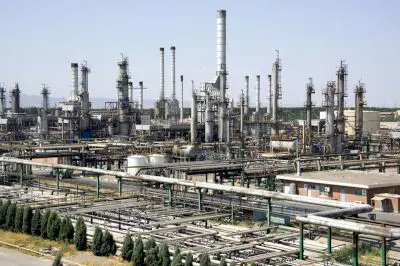
In refineries, different parts of crude oil are separated and other usable products are introduced into production. According to the International Journal of Oil and Gas, there are over 6,000 petroleum products, most of which are used in our daily lives, and perhaps few people know about their relationship to oil.
Read More ...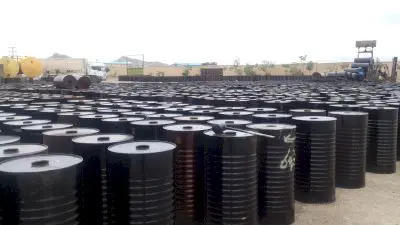
The Achaemenid dynasty used bitumen for sealing and waterproofing the palace with the grandeur of Persepolis. Remains of it can be seen in the historical complex of Persepolis. Ancient Susa artists used a mixture of bitumen and heated it to obtain a composition that was very similar to stone. They used this material to make various objects as well as to make sculptures and fossils.
Read More ...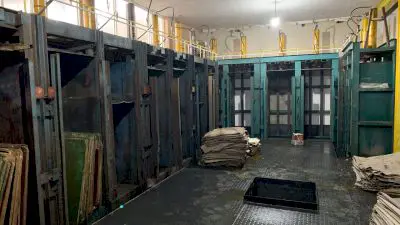
There are many things that can be considered in buying paraffin and first the use of paraffin should be determined because the quality of paraffin in each industry is determined by the use of paraffin in it, for example in the paraffin candle industry a lower percentage of oil is considered as higher quality, but this is the opposite in the lubrication industry.
Read More ...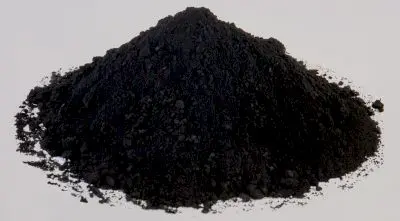
Petroleum coke (Petcoke) is the final carbon-rich solid material obtained from the oil refining process and is a group of fuels known as coke. Petroleum coke is specifically obtained from a final cracking process, which is considered a chemical engineering process, and the hydrocarbons of the oil chains are divided into shorter chains in a section called the coke unit.
Read More ...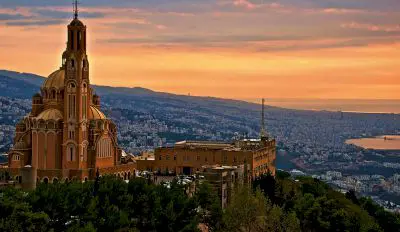
Lebanon is an Asian country on the shores of the Mediterranean Sea with a history of several thousand years of civilization. The region was one part of the Levant and became an independent state after the collapse of the Ottoman Empire. The majority of the population is Muslim. Several tribes are living in Lebanon. About 30% of the country's population is Shiite.
Read More ... Saddled with debt greater than 140% of GDP, Lebanon could do with the revenue it would receive from exploiting its offshore hydrocarbon reserves, estimated at 850m barrels of oil and 96trn cubic feet of gas. While the existence of large fields in the eastern Mediterranean has been known since 2009, Beirut has yet to start drilling for the black stuff. Why is Lebanon taking so long to join the ranks of oil-producing nations?. In order to get the licensing process started, the government needed to approve two decrees: the first dividing Lebanon’s exclusive economic zone into ten blocs and setting their co-ordinates; the second specifying tender protocols and establishing how the oil produced would be shared between companies and the government. No oil-and-gas auction happened after Lebanon first pre-qualified 46 companies in 2013. But the process has not been helped by uncertainty surrounding the viability of the licences Lebanon is putting up for sale. Lebanon’s inclusion of a contested 860-sq-km zone in its tender disrupted what Israel says was a status quo in which neither side does anything with the disputed area. Israel responded by proposing a maritime law formalising its rights on the stretch of seabed, which Nabih Berri, the Speaker of Lebanon's parliament, described as “a declaration of war on Lebanon”. Calls by Lebanese authorities for the matter to be settled by the UN’s mission in southern Lebanon have so far gone unheeded. Should Lebanon’s reserves prove as substantial as predicted, it may have difficulties finding regional customers: the Egyptian, Israeli and Turkish governments are close to signing supply deals with each other.
Read More ...
Lebanon has had a few bright spots of news in its long-running economic collapse. So could Lebanon finally be turning a corner? Or is optimism still out of sight?. Kareem Chehayeb (@chehayebk), Lebanon-based reporter. Lebanon’s new government holds first meeting as PM warns no time to lose in tackling the country’s economic crisis. Hezbollah leader says tanker carrying Iranian fuel oil to help Lebanon through its financial crisis docks in Syria. The arrival of Iranian fuel arranged by Hezbollah has received a mixed response in Lebanon.
Read More ...
https://www.usatoday.com/story/news/world/2021/10/09/energy-crisis-lebanon-main-power-plants-run-out-fuel-shut-down/6070590001/
https://www.economist.com/the-economist-explains/2017/05/04/why-lebanon-produces-no-oil

